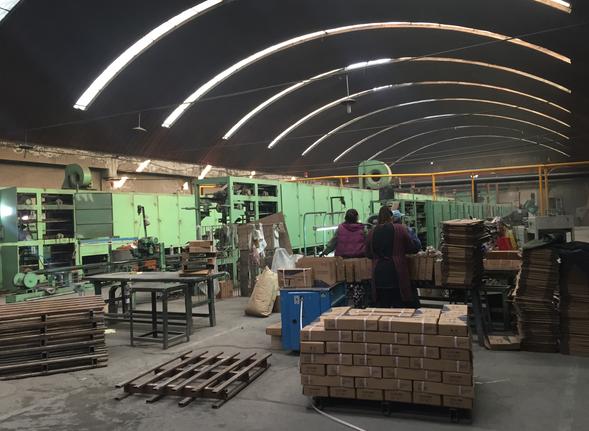welding wire 1mm
Understanding 1mm Welding Wire Importance, Applications, and Selection Guide
Welding is a fundamental process in modern manufacturing and construction, playing a critical role in joining materials, particularly metals. One essential component of various welding processes is the welding wire, and in particular, the 1mm welding wire. This article delves into the significance of 1mm welding wire, its applications, and what to consider when selecting the right type for your welding projects.
What is 1mm Welding Wire?
Welding wire is a vital consumable in processes such as MIG (Metal Inert Gas) and TIG (Tungsten Inert Gas) welding, where it serves as the filler material that bonds two pieces of metal together. The diameter of welding wire can vary, and 1mm is a popular size due to its versatility. It offers a balance between providing sufficient filler material and ensuring manageable handling and control during welding.
Importance of 1mm Welding Wire
The choice of welding wire diameter can significantly affect the quality of the weld. A 1mm welding wire is particularly suited for thin to medium-gauge materials, making it an excellent choice for several applications. Its smaller diameter allows for precise control, reducing the risk of burn-through on thinner materials. Additionally, the 1mm size facilitates less heat input, which can help maintain the integrity of thin metal surfaces and reduce distortion during the welding process.
Applications of 1mm Welding Wire
1mm welding wire is commonly used in various industries due to its versatility. Here are some key applications
1. Automotive Manufacturing In the automotive sector, lightweight materials are increasingly employed to improve fuel efficiency. 1mm welding wire can effectively join these thin sheets of steel or aluminum, ensuring strong and reliable connections.
2. Fabrication Welding shops and metal fabricators often utilize 1mm wire for creating metal furniture, railings, and other decorative elements. The finer diameter allows for clean, aesthetically pleasing welds that are also structurally sound.
welding wire 1mm

3. Aerospace In the aerospace industry, precision is crucial. 1mm welding wire is employed for delicate components where accuracy and weight considerations are paramount.
4. Construction While primarily used for lighter materials, 1mm welding wire can also find its place in structural applications where precision is necessary for joint fitting.
Selecting the Right 1mm Welding Wire
When choosing a 1mm welding wire, several factors should be considered
1. Material Compatibility Ensure that the welding wire is compatible with the base metals you plan to weld. Most commonly, wires are available for welding mild steel, stainless steel, and aluminum.
2. Coating Type Depending on the welding environment, the coating can be as important as the wire itself. For instance, a smooth copper-coated wire can enhance conductivity and reduce spatter during MIG welding.
3. Welding Process Different welding processes might require specific types of wire. For example, for MIG welding, the ER70S-6 wire is a common choice for mild steel due to its higher manganese and silicon content, offering better weldability.
4. Feedability The diameter needs to ensure smooth feeding through the welding machine's nozzle, preventing jams and ensuring consistent operation.
In conclusion, 1mm welding wire is an essential tool in various welding applications, offering advantages in precision and control. By understanding its significance and carefully selecting the appropriate type for specific projects, welders can achieve high-quality results that meet industry standards. Whether in automotive, fabrication, aerospace, or construction, mastering the use of 1mm welding wire can elevate your welding projects to new heights.
-
Best Hardfacing MIG Wire for Sale High Durability Welding SuppliesNewsJun.10,2025
-
ER70S-6 MIG Welding Wire Supplier High Quality China Welding Wire ManufacturerNewsJun.10,2025
-
Premium Aluminum Flux Core Wire China Manufacturer FactoryNewsJun.10,2025
-
Premium Cast Iron Welding Electrodes for Superior BondsNewsJun.10,2025
-
Premium 309L MIG Wire High Strength & Corrosion ResistantNewsJun.10,2025
-
Stainless Steel Welding Rod Types Complete Guide to Corrosion ResistanceNewsJun.09,2025


